Getting the Most from Quantum AI
1Quantum artificial intelligence, or quantum AI, is a rapidly evolving field that combines quantum computing with machine learning algorithms to solve complex problems more efficiently. Quantum AI has the potential to revolutionize a wide range of industries, from finance to healthcare to cybersecurity. In this article, we will explore the current state of quantum AI, discuss some of the challenges and opportunities in the field, and provide tips for getting the most out of quantum AI systems.
Key Concepts in Quantum AI
Quantum AI operates at the intersection of quantum computing and artificial intelligence. Quantum computing harnesses the principles of quantum mechanics to perform computations that are infeasible for classical computers. By leveraging qubits – the quantum equivalent of classical bits – quantum computers can represent and process vast amounts of data simultaneously.
Machine learning algorithms, on the other hand, are designed to learn from data and make predictions or decisions without being explicitly programmed. By combining quantum computing with machine learning techniques, quantum AI systems can tackle problems that are beyond the capabilities of traditional AI systems.
One of the key challenges in quantum AI is the “quantum advantage” – the point at which quantum computers outperform classical computers for a specific task. While quantum computers have shown promise in certain applications, such as optimization and cryptography, achieving quantum advantage in practical scenarios remains a significant barrier.
Tips for Getting the Most from Quantum AI
1. Understand the Basics of Quantum Computing: To effectively leverage quantum AI, it is essential to have a solid understanding of quantum ai trading quantum computing principles. Familiarize yourself with concepts such as superposition, entanglement, and quantum gates to better grasp how quantum algorithms work.
2. Choose the Right Quantum Algorithm: Different quantum algorithms are suited to different types of problems. For example, the Quantum Approximate Optimization Algorithm (QAOA) is well-suited for optimization tasks, while the Variational Quantum Eigensolver (VQE) is used for calculating molecular energies. Selecting the right algorithm for a given problem is crucial for achieving optimal results.
3. Optimize Quantum Circuit Design: Quantum circuits are the building blocks of quantum algorithms, composed of quantum gates that manipulate qubits. Optimizing the design of quantum circuits can significantly improve the efficiency and accuracy of quantum AI systems. Experiment with different circuit layouts and gate sequences to find the most effective configuration for your problem.
4. Consider Quantum Error Correction: Quantum computers are susceptible to errors due to noise and decoherence. Implementing error correction techniques, such as the implementation of quantum error correction codes, can help mitigate errors and improve the reliability of quantum AI systems. Explore error correction strategies to enhance the robustness of your quantum algorithms.
5. Collaborate with Experts in Quantum AI: Quantum AI is a multidisciplinary field that requires expertise in quantum computing, machine learning, and domain-specific applications. Collaborating with researchers and practitioners from diverse backgrounds can provide valuable insights and expertise to enhance your quantum AI projects. Engage with the quantum AI community to stay updated on the latest advancements and best practices in the field.
In conclusion, quantum AI holds immense potential for revolutionizing the way we approach complex problems across various industries. By understanding the fundamental concepts of quantum computing, selecting the right algorithms, optimizing quantum circuit design, implementing error correction techniques, and collaborating with experts in the field, you can maximize the benefits of quantum AI systems. Stay curious, experiment with new approaches, and push the boundaries of quantum AI to unlock its full potential.

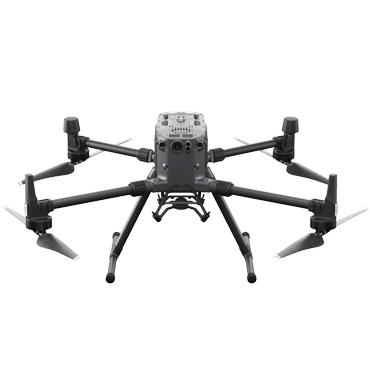
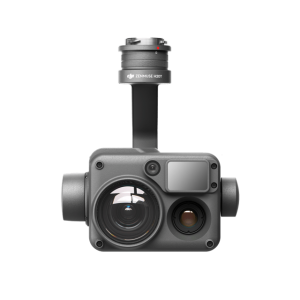
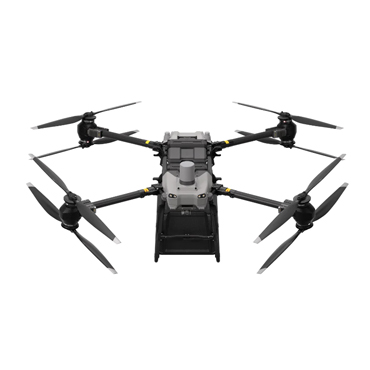
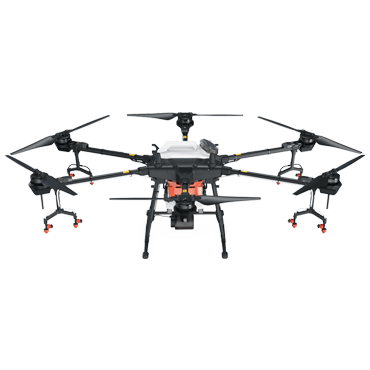
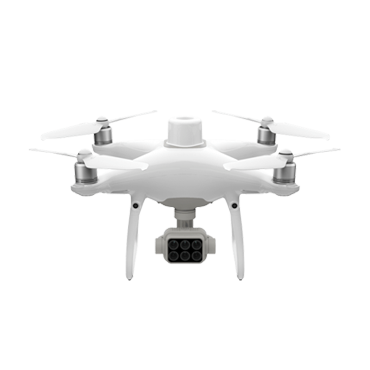

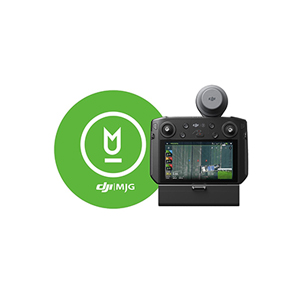
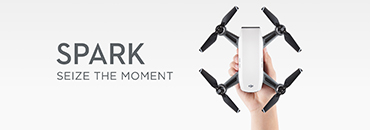



ยังไม่มีรีวิว